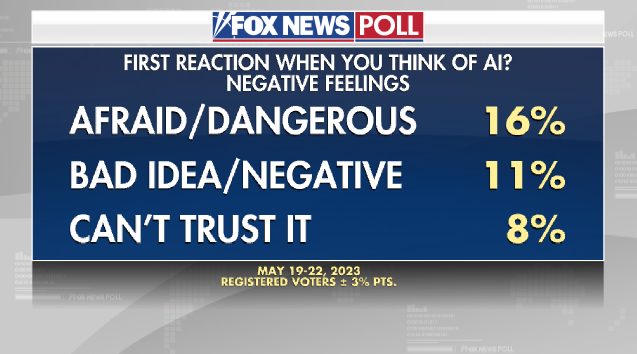The Massachusetts Senate approved a $55.9 billion state budget proposal for the new fiscal year on Thursday, setting up negotiations with the House on a final spending plan to ship to Democratic Gov. Maura Healey by July.
One focus of the budget is higher education.
The Senate budget would let all Massachusetts students, regardless of immigration status, qualify for in-state tuition rates at public colleges and universities — as long as they attended a high school in the state for at least three years, and graduated or obtained a GED.
‘Massachusetts will be competitive so long as people from all over the world can come here to fulfill their dreams,’ Democratic Senate President Karen Spilka said.
The budget would also create a free community college program for nursing students.
One item which failed to be included in the final Senate plan is a proposal to allow online sales of lottery tickets. The budget plan approved by the Massachusetts House would allow the online lottery games.
Healey has also signaled support for the move, citing competition for gambling dollars from online sports betting companies, like Boston-based DraftKings.
The issue will now be hashed out by a six-member House and Senate conference committee charged with drafting a final budget proposal.
Like the Massachusetts House, the Senate’s budget plan would split the anticipated $1 billion in added revenue from the state’s new ‘millionaire’s tax’ between education and transportation initiatives.
Of the $500 million dedicated to transportation, the Senate plan would include $190 million for the Massachusetts Bay Transportation Authority — and another $100 million for roads and bridges.
Unlike the House budget, the Senate decided against including money for universal free school meals in their budget plan. Senate leaders say they hope to take up the issue in a separate supplemental budget.
Both House and Senate budget proposals would funnel money into the state’s ‘rainy day’ fund. The account currently has about $7.1 billion. Both budget plans would bring the total to just over $9 billion.
The House approved its $56.2 billion state budget plan in April. Healey unveiled her budget plan earlier in the year.
The budget debate comes as April tax revenues plummeted more than $2.1 billion below collections from last April and more than $1.4 billion below predictions for the month.
Healey has downplayed the gloomy numbers, saying the state remains in a strong financial position.
The House last month also approved a separate $654 million tax relief package.
The bill is aimed at helping older adults, renters, businesses and wealthier homeowners while rewriting the law that sent about $3 billion back to taxpayers last year.
The House measure would also raise the state’s estate tax threshold from $1 million to $2 million. Healey, who released her own $742 million tax relief package in February, would eliminate the tax for estates valued up to $3 million.
Spilka said the Senate plans to take up the details of its own $575 million tax relief proposal after the budget.
A final compromise budget, approved by both chambers, must be in place by the start of the new fiscal year on July 1.
<!–>
–>










